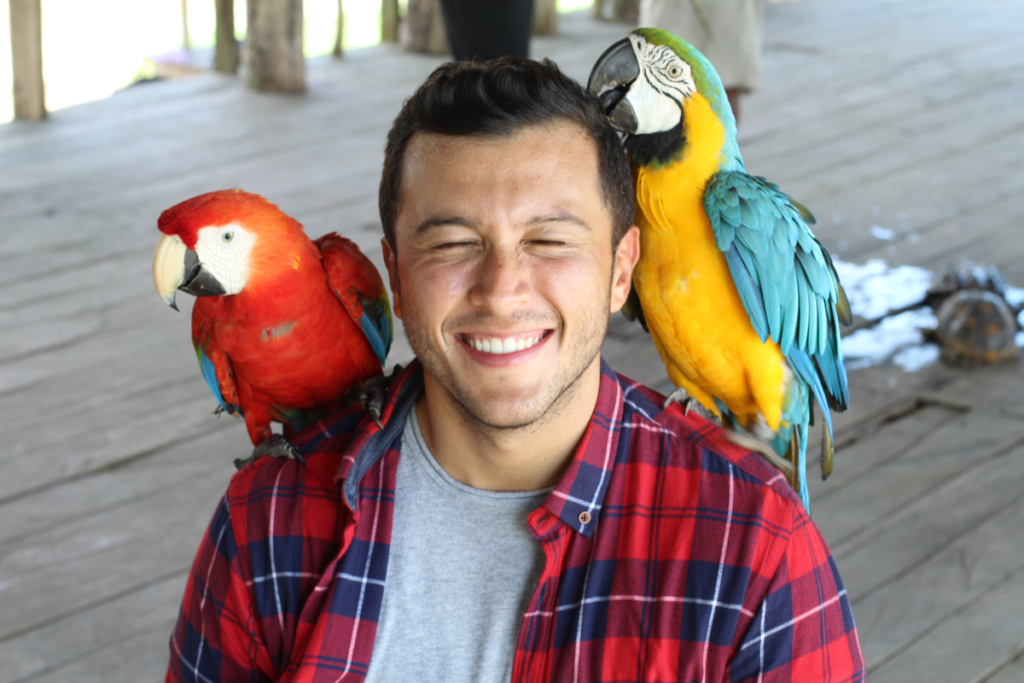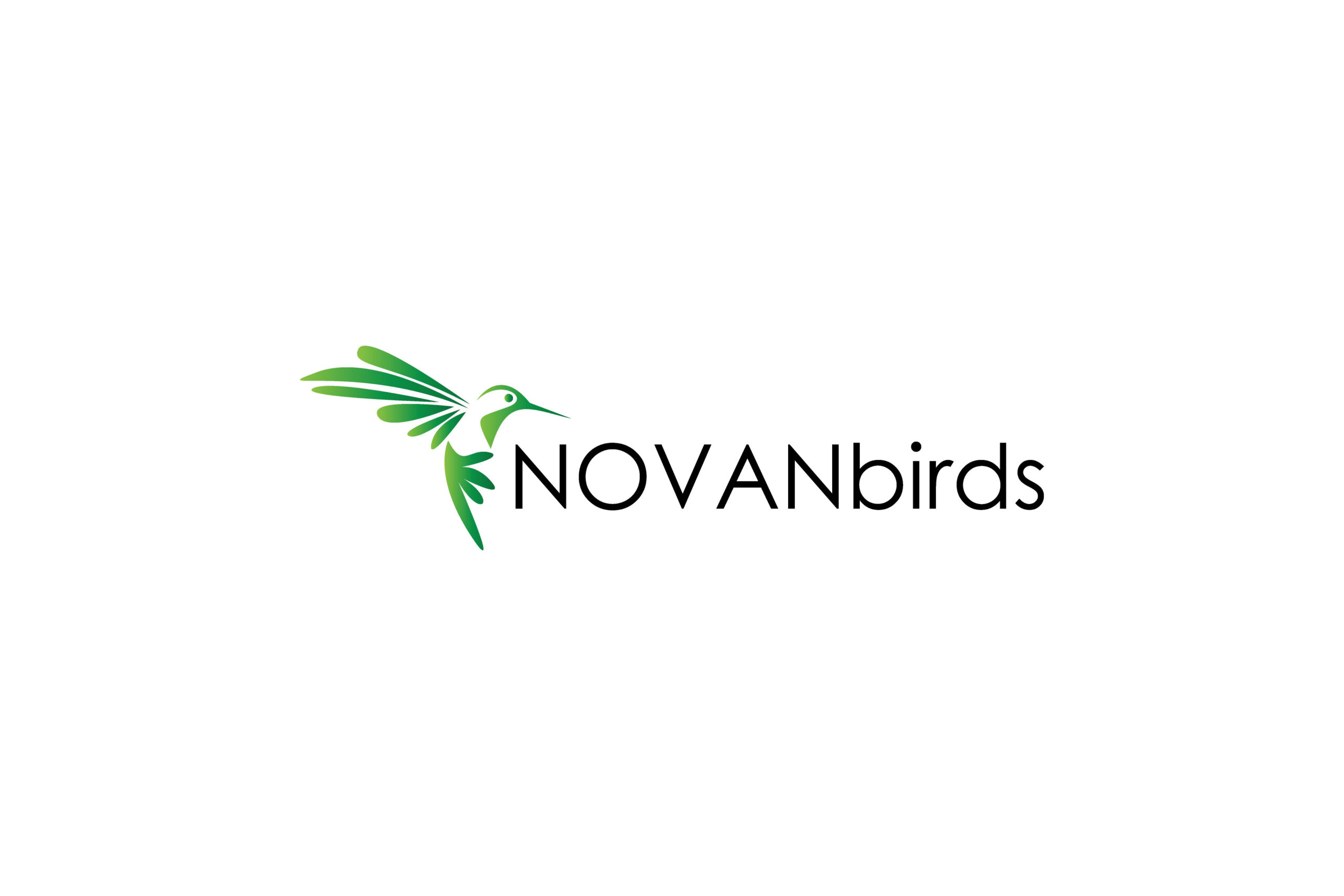
Birds are some of the most intelligent and emotionally driven pets in the animal kingdom. Whether you are an experienced bird owner or have gotten your first one through our bird rehoming program, finding ways to connect with your new avian friend outside of its cage is crucial to developing a relationship with them. Birds treat their cages as their sanctuary, so building the level of trust and sense of security your pet bird feels with you can be a slow and meticulous process.
If you try to leave your bird in their cage or aviary for an extended period, it can negatively impact their mood and potentially lead them to develop a case of depression. Your bird wants to explore its surroundings, so leaving them cooped up for multiple hours a day doesn’t do them any favors. Developing a bond with them can help improve their mood and make it a more beneficial experience for you.
The Benefits of Bonding With Your Bird Outside of Its Cage
Birds are naturally social and curious creatures. They want to explore their environment, stretch their wings, and enjoy the freedom that flight gives them. However, living with a cage door between them and their explorative nature can lead them to experience significant depressive episodes.
We’ve mentioned that birds have a highly developed sense of emotional intelligence. The downside is that, like humans, they can also experience depression.
Birds love to stretch their wings and fly around — engaging with them in extended playtime outside their cage can help improve their spirits and your developing bond. It allows you to build trust with them and lets them explore more of their new home than they would otherwise.
The Ideal Length of Parrot Play Sessions
For parrot owners looking to engage their avian friends in extended playtime, finding the right balance between freedom and maintaining their routine can prove challenging. You may want to spend an entire day bonding with your parrot over playtime outside of the cage, but it could cause too much turmoil in their established routine and do more harm than good.
Keeping play sessions short enough not to disrupt your bird’s routine but long enough so they experience a fair amount of freedom is a fine line to walk for bird owners. Keepin most play sessions between 20-30 minutes strikes the right balance and prevents your birds from ever feeling too “homesick” for their cage.
Utilize Parrot-Safe Toys
When it comes to bonding with your birds, utilizing toys that are safe for them becomes vitally important for their continued development. You want to give them bird toys that are free from choking hazards or toxic chemicals that can negatively affect them in the long run. Keeping play sessions fun, interactive, and filled with parrot-approved toys will help you bond with your parrot in a safe and controlled environment.
Don’t Push Them Too Hard, Too Fast
The parrot’s emotional intelligence can prove a double-edged sword at times. While their remarkable intelligence can spur more meaningful and engaging playtime, it can also present challenges to bonding with them. If you try to push a connection too quickly, it can backfire on you, similarly to forging new friendships with people.
Treat bonding with your parrot in a similar way to making new friends. Don’t try and force something that isn’t there yet and take your time. Patience is key to forging this budding bond.
Come to Todd Marcus Birds Exotic for Your Parrot Needs!
If you need help finding a new bird for your home, Todd Marcus Birds Exotic has a lineup of birds of varying species looking for a new home. We also have a vast inventory of bird toys, cages, and more to help your new feathered friend feel more comfortable in their new home as you form a bond with them. It can be a long process, but sticking with it is its own reward.
Get in touch with us today for more bird bonding tips or to find your next companion!
Hemp is of first necessity to the wealth & protection of the country.
Thomas Jefferson






Write a comment
Your email address will not be published. All fields are required